Global Forex regulators: top the safest online brokers
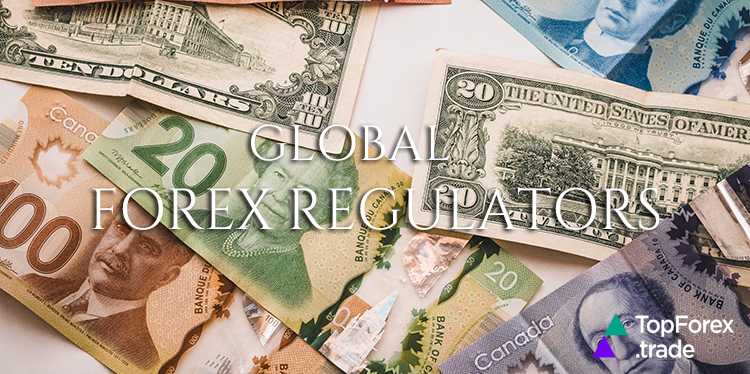
Consider a world devoid of law and order. There are no rules, guidelines, limits, or control, and everyone is free to do anything they want. What comes to mind as the unavoidable result? Complete chaos. If the Forex market (worth approximately $6 trillion) is not regulated, it will suffer the same fate.
Forex regulation is a system of checks and balances designed to ensure that the market is a safe place to trade. These controls involve the establishment of legal and financial norms. Special authority bodies and other overseers have been established to monitor the behavior of industry players in order to ascertain or verify compliance with these checks. These are known as regulators.
The basic goal of regulation is to protect traders and investors against deception. Forex broker evaluations might assist in answering queries like “Is this broker safe?” And can assist in directing people to regulated forex brokers.
How the Forex market is regulated
Forex market authorities provide standards for Forex brokers to follow. These rules safeguard investors and keep the trading floor in order.
The regulator is tasked with performing periodic audits, evaluations, and inspections of FX market participants’ financial, legal, and customer-related practices. These requirements require brokers to follow a set of fair and ethical rules. When these criteria are not followed, a regulator has the authority to impose penalties on the erring broker.
Forex regulation is carried out by the legislation of each jurisdiction. These laws specify a variety of standards for Forex brokerage, and some of these restrictions differ from one jurisdiction to the next. Some essential rules, however, apply to all areas or regions of currency regulation.
Licensing and Registration
Regulators are in charge of regulating and licensing Forex brokers. Investors and traders are better off opening accounts only with top-tier regulated brokers.
Audits and Evaluations
Regulators audit brokers’ records and general operations regularly to ensure that they meet all financial and ethical standards. For example, brokers are required to provide clients with a wealth of information. Brokers that fail to comply face penalties from regulatory organizations.
Regulators play an important role in ensuring the safety of your money. Every market player should prioritize regulatory questions. Before working with any broker, traders should read broker reviews thoroughly. If a broker is not regulated, proceed with caution and avoid them.
Top Forex regulatory bodies
There is a long list of financial regulators around the world, but not all of them are considered equal in the realm of Forex trading. We will highlight the ‘Tier 1’ Forex regulators that we believe are stringent enough to ensure the highest regulatory protection and enforcement.
Australian Securities and Investments Commission (ASIC)
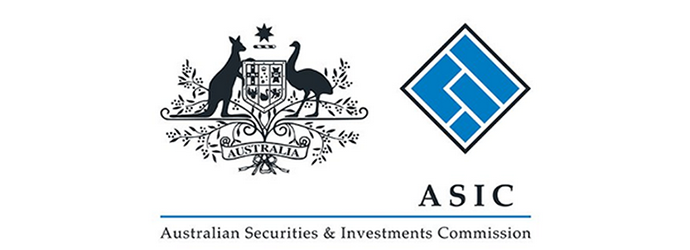
Maximum leverage for retail Forex traders = 1:30
Due to the increasing number of ASIC-regulated brokers and the improved security of funds given by the regulation, ASIC Forex brokers are quickly becoming one of the trendiest subjects of conversation in the retail Forex trading industry.
The ASIC started to institute new and advanced regulatory guidelines to guarantee that all financial market participants follow a tight set of rules in accordance with global regulatory norms. ASIC appears to be one of the market’s most trustworthy authorities concerned with protecting investors’ interests. ASIC requires all Forex brokers to have a valid Australian Financial Services License (AFSL), which places them immediately under ASIC’s jurisdiction.
Forex brokers in Australia must have a valid AFSL license. The country is proving to be a large retail Forex trading market, and various brokers are rushing to the region to establish a mainstream brokerage under ASIC supervision. Australia offers various benefits and a great business environment for new businesses, allowing Forex brokers to see excellent returns on their investments. Also, the ASIC offers various appealing perks that allow brokers to fully profit from the ASIC regulations without incurring any trading limits: they are known for offering a high level of leverage and unrestricted trading freedom, allowing smaller retail traders as well as institutional investors to invest in the markets without common restrictions of a controlled trading environment.
The Cyprus Securities and Exchange Commission (CySEC)
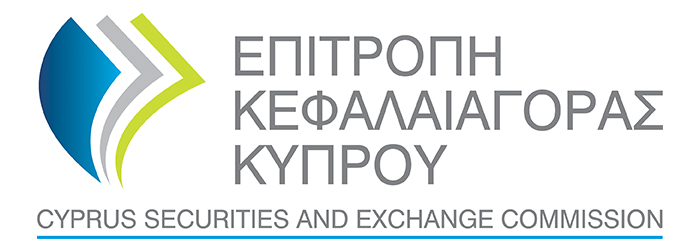
Maximum leverage for retail Forex traders = 1:30, Professional 1:300
CySEC entered the Forex scene in 2001, becoming a domestic regulator for Forex companies, and began providing a highly friendly regulatory framework for brokers to set up a business in a reasonably permissive commercial setting.
In its present shape, CySEC is unquestionably a trusted and reliable regulatory authority that adheres to all MiFID criteria while supervising member firms and disciplining brokers who violate the rules. CySEC also conducts proactive investigations into all instances of broker fraud and has various online services to assist traders in reporting financial anomalies.
Despite its commitment to investor safety and security, CySEC does not intervene directly in conflicts between brokers and their clients. In that sequence, all customer complaints must be addressed by the broker, the Financial Ombudsman, and the Court.
Federal Financial Supervisory Authority (BaFin)
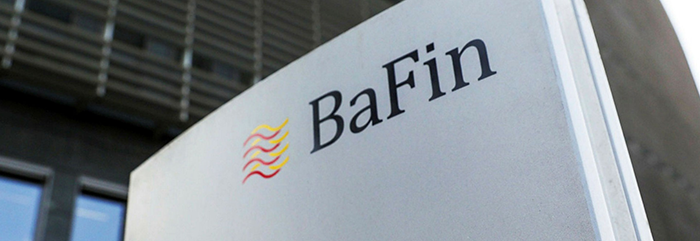
Maximum leverage for retail Forex traders = 1:30, Professional 1:300
Germany has a higher tax system as well as a considerably higher entry hurdle. Germany compels all commercial entities to adhere to strict ethical standards in both business interactions and other financial activities, making BaFin one of the world’s harshest regulatory organizations.
The greater regulatory requirements and higher operational costs grant German Forex brokers a reassuring level of safety, discouraging dishonest market players at the same time.
Traders with larger-than-average trading capital will find BaFin Forex brokers to be more secure and convenient than brokers licensed by lesser-known organizations. However, the MiFID derivative seeks to provide a uniform set of regulatory norms that will apply to brokers throughout the EEA. As a result, if you are dissatisfied with the overall trading conditions provided by a BaFin-regulated Forex broker, you can always try switching to another European broker. However, in recent years BaFin has rectified its operational methods and is regarded as one of the best regulatory bodies in retail Forex trading retail.
Financial Conduct Authority (FCA)
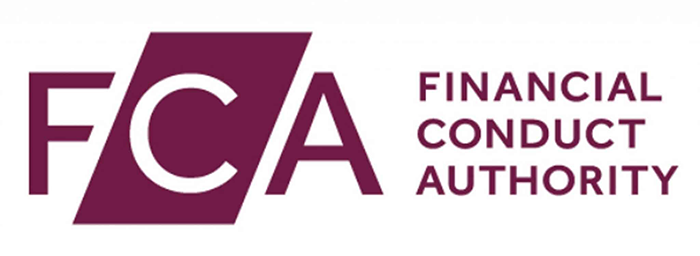
Maximum leverage for retail Forex traders = 1:30, Professional 1:300
The FCA employs a number of techniques to promote investor trust and confidence in trading with particularly Forex brokers in the United Kingdom as well as around the world. Every FCA-regulated Forex broker is assigned a unique ID, which can be checked against the FCA database. Many brokers claim to be situated in the United Kingdom, however, in order to assure the validity of such brokers, the FCA advises traders to personally verify the authenticity of FCA regulations. FCA regulatory verification can be accomplished by conducting a simple search on the online FCA database to see if the FCA number matches the description provided by the broker.
FCA-regulated brokers are also required by the FCA to clearly display UK regulatory information, and traders can always inquire about their broker’s current regulatory status.
The FCA website offers an up-to-date interface that provides all details about a broker as well as a brief history of its activities, allowing traders to learn about any potential frauds and legal cases that a broker has encountered.
The Monetary Authority Of Singapore (MAS)
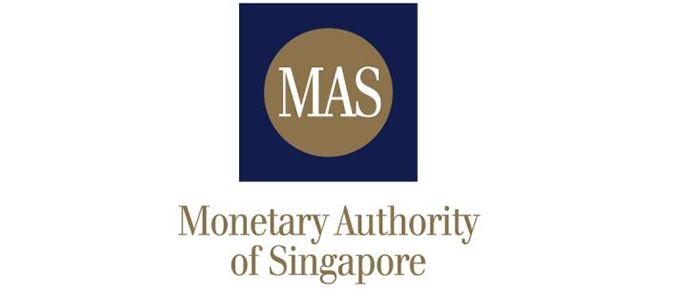
Maximum leverage for retail Forex traders = 1:50
Singapore is an Asian financial powerhouse, accounting for at least $300 billion in Forex transactions in a single trading day, making it one of the leading players in the Forex markets. Singapore is known for its business-friendly attitude and excellent level of living, making it one of the most sought-after investment destinations in the world.
MAS is the primary government entity in charge of regulating and supervising the activities of Singapore’s Forex brokers. The MAS also serves as the central bank and financial regulator for all financial enterprises based in Singapore. MAS-regulated brokers must adhere to all government regulations and be able to adapt their activities to changes in regulatory frameworks as directed by the government. Unlike other central banks, the MAS has no control over rate changes or the Singapore Dollar (SGD), but it does have the right and ability to act as a banker to government departments and other financial companies.
Financial Service Agency (FSA)

Maximum leverage for retail Forex traders = 1:25
Japan is the first financial market to open on a trading day and is a big contributor to the Asian trading session. Japan is a real hotspot with at least $1 trillion in daily Forex transactions, making it one of the most important markets for both retail and institutional Forex trading.
Japan has a long history in the Forex markets, and some Japanese Forex market participants consistently trade the various currency pairs to get large market exposure. The Financial Services Agency oversees and supervises all types of financial enterprises functioning in Japan’s financial markets.
The FSA of Japan is responsible for protecting the Japanese economy’s integrity by aggressively monitoring the day-to-day performance of financial institutions in the banking, insurance, securities, and investments sectors. The FSA was established in early 2000, with its headquarters in Tokyo, and is managed by the Ministry of Finance, which reports directly to the Japanese government. As a result, the regulatory rules of financial companies in Japan are directly set by the government.
Dubai Financial Services Authority (DFSA)
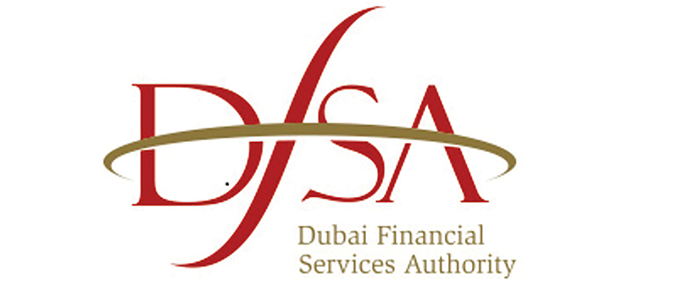
Maximum leverage for retail Forex traders = 1:500
Dubai is an important city on the global financial map, and it is home to some of the world’s wealthiest retail traders. As an Islamic city with very severe religious practices and laws, Forex brokers in Dubai are expected to observe the numerous Sharia rules set to appease the various Islamic faiths. While Middle Eastern countries are known for their conservative approach to business and the financial sector in general, Dubai takes a more lenient and straightforward approach, offering several opportunities for global firms and entrepreneurs to establish a base in a relatively tax-free environment.
Currency trading has piqued the interest of many Dubai traders, and the Dubai Government has established an independent regulatory authority to oversee the regulation and supervision of all financial firms operating in the country. DFSA was established in 2004 and collaborates with the Dubai International Financial Center (DIFC), which serves as an exclusive economic zone for recruiting enterprises in the financial sector. DIFC is one of the very few chances provided by the Dubai Government for potential investors to establish a financial enterprise in the region with 100 percent foreign ownership. Traditionally, all enterprises in the UAE require a majority shareholder to be a local UAE citizen.
However, the concept of free zones has allowed Dubai to present itself as a business-friendly nation that enables entire ownership and provides a unique chance for corporations to set up shops in Dubai with little intervention from local authorities.
How to check if your Forex broker is regulated
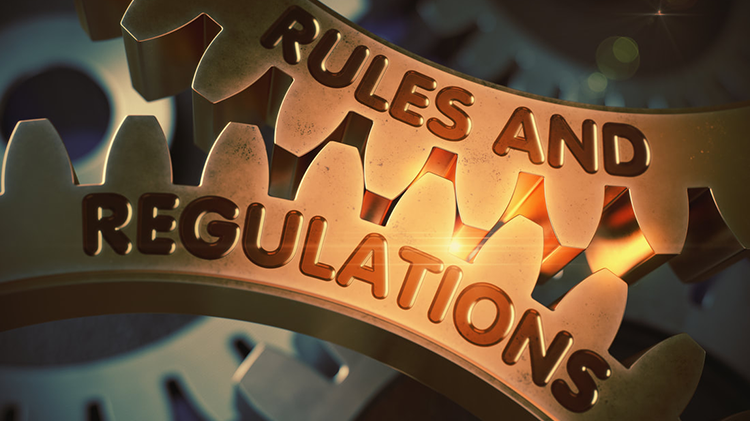
New traders who would like to open their first FX accounts are typically the most exposed to scam brokers: many unlicensed brokers are looking for ways to get their hands on newbies’ money. They’ve created innovative methods to entice their victims into their traps. As a result, new traders need to learn how to determine whether an offer for a Forex account is coming from a regulated Forex broker.
Most financial authorities now require their fellow Forex brokers to explicitly display their license numbers on their websites. This must be done prominently, not in some obscure corner of the website where it is likely to be overlooked. ASIC-regulated forex brokers, for example, are categorized as Australian Financial Services companies and should have an AFSL number (Australian Financial Services License no).
Some Forex regulators’ websites include internal search engines that allow users to look up the status of a broker. If a trader types in the name of a Forex brokerage and that it is regulated and licensed, the information of the broker as well as its standing will be provided.
Some forex regulators issue periodic warnings concerning scam brokers’ activities.
There are FX regulating agencies that maintain an up-to-date broker blacklist as well. This blacklist comprises the names of brokers who have had their licenses suspended or withdrawn, or who have had cases against them proven beyond a reasonable doubt.
Top the safest online brokers for FX and CFDs trading
In conclusion, the efforts of FX regulatory bodies are the only method of ensuring market sanctity at all levels. The initial licensing process is intended to ensure that fraudsters do not slip through the cracks in the first place to provide “brokerage services” to users. Continuous monitoring and evaluation of performance using a range of instruments are carried out for those who pass the first screening procedure to guarantee that the forex brokers maintain the highest standard of ethical operations.
Forex regulation aims to level the playing field for all participants. Many retail traders today trade with Forex brokers based in countries other than their own, preferring international firms with millions of clients around the world.
Forex brokers we recommend and review on our website have been serving their customers for decades and meet the stringent criteria of the world’s strictest financial authorities. Even though some of them have geographical limits you still may register an account with these renowned brokers from anywhere by using free VPS or VPN services. They have the best selection of currency pairs, as well as other financial instruments such as stocks, commodities, and Cryptocurrencies, and some of the best trading conditions, such as Forex bonuses of up to $5000 even on initial deposits (subject to geographic availability), Copy trading, and negative balance protection.
Plus500 CFDs trading
Plus500 is one of the most trusted regulated CFD brokers. Beginners will appreciate tools like stop-loss and stop-limit, as well as the demo account. Professionals, on the other hand, will have access to a diverse variety of CFDs for currency pairs, indices, commodities, Cryptocurrencies, stocks, and ETFs.
The broker’s trading terminal is available in a web version for PCs and laptops, as well as an Android and iOS mobile app. Deposits and withdrawals can also be made using bank transfers, credit and debit cards, and e-wallets.
The broker is fully regulated and licensed by CySEC, FCA, ASIC, MAS, and other authorities, allowing it to accept clients from all over the world.
79% of retail investor accounts lose money when trading CFDs with this provider. You should consider whether you can afford to take the high risk of losing your money.
Plus500EE AS is authorised and regulated by the Estonian Financial Supervision and Resolution Authority (Licence No. 4.1-1/18).
eToro FX trading
eToro is a well-known brokerage company around the world and probably the most popular in Europe with favorable trading conditions, including the availability of over 2,000 financial instruments, including CFDs, stocks, and 59 Cryptocurrencies, as well as the ability to use CopyTrader – Social trading tool, which allows you to automatically copy deals of other eToro users. Simply subscribe to the trader and enter the amount you want to invest in the portfolio.
The working terminal is simple to use and allows you to work in both the web version and the Android and iOS mobile apps. Furthermore, two account types will allow you to select the most appropriate circumstances.
The broker also brags about its credentials. It is regulated by the FCA (UK), ASIC (Australia), and CySEC (Cyprus/Europe), for example, which has helped it earn the trust of millions of traders worldwide.
HF Markets FX trading
HF Markets is a world-renowned that offers a range of accounts for a variety of purposes, including Micro, Premium, Fixed, VIP, and Zero Spread accounts. You can trade in over a thousand different trading products, with Forex Gold Trading offering the most competitive spreads and no hidden commissions.
The well-known financial terminals MT4 and MT5 are available in desktop, web, and mobile versions for Windows, iOS, macOS, and Android. The inclusion of a VPS service and the HFcopy trading platform will also be a significant benefit. The latter will help beginners to succeed by imitating professionals, while experienced traders will be compensated for their efforts.
In terms of regulation, HF Markets is present in the EU and operates there in full compliance with CySEC, as well as in the UK under the direction of the FCA and in Dubai under a DFSA license.
NAGA Markets FX trading
NAGA Markets is a broker originated from Germany and licensed by the FCA, CySEC, MiFID II, and MiFIR that offers over 950 trading products on a single multi-currency account and a demo account with a virtual balance of $10000.
Desktops include the MT4, MT5, NAGA Web App, and a mobile app for iOS and Android. The broker offers Imitate Trading for both novices and pros, allowing you to trade and invest, learn from them, copy the finest traders, or become a trading pro yourself.
Clients can top up their trading accounts in a variety of ways, including bank transfers, credit cards, electronic payment systems such as Giropay, Skrill, Neteller, Paysafe Card, and Klarna, as well as Cryptocurrency (Bitcoin, Ethereum, Dash, Litecoin, Bitcoin Cash and NAGA Coin).
AvaTrade FX trading
AvaTrade is a broker that connects over 20,000 private traders from 150 countries. The broker currently has regional offices in France, Australia, Japan, and Italy, with the main office in Dublin, Ireland. The broker abides by all regulations and is licensed by MiFID, ASIC, Japan FSA and FFA, FSB, IIROC, and FSCA.
Traders can buy and sell 1250 instruments on a variety of trading platforms, including MT4, MT5, Proprietary, AvaSocial, AvaTradeGo, AvaOptions, and WebTrader. If you are a frequent trader who does not want to be tethered to a computer, AvaTrade mobile trading is for you.
XM Group FX trading
XM Group is a Forex broker regulated by ASIC, CySEC, IFSC, and DFSA that offers MT4 and MT5 terminals with a VPS server for non-stop trades and advisors.
The list of broker instruments includes all known assets such as currency pairs, commodities, equities, CFDs, and many more. Clients can choose from a variety of accounts, all of which include negative balance protection and tight spreads: Micro, Standard, XM Ultra Low, and Shares. In addition, for inexperienced traders who lack practice, the broker offers a demo account that replicates all of the functions of a real account.
It may appear to be a lot, but the good news is that you are not restricted to choosing only one broker. Most of the respectable Forex brokers we mentioned above provide demo accounts, so you may try them out and see whether their platforms are suited for you. It will allow you to test various trading techniques and make use of advanced features that are currently accessible on the market.
It could also be a valuable component of your portfolio diversification strategy: you can trade independently with one broker while supporting Social trading with another, earning some passive income.
Global Forex regulators - FAQ